Security News

Microsoft has shared a temporary fix for a known issue preventing Microsoft 365 customers from signing in or adding Gmail accounts using classic Outlook. [...]
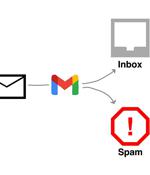
A Google Workspace administrator may manage several settings that help reduce spam email issues for the entire organization. Google's changes may mean more email delivered to a user's Gmail spam folder than the inbox.
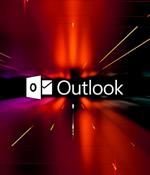
Microsoft has confirmed that some Outlook.com users are experiencing issues with emails being blocked and marked as spam when trying to email Gmail accounts. Until the Outlook.com Team can address this newly acknowledged issue, Microsoft advises impacted users to add an Outlook.com alias to their accounts and email Gmail contacts using that alias.

Your profile can be used to present content that appears more relevant based on your possible interests, such as by adapting the order in which content is shown to you, so that it is even easier for you to find content that matches your interests. Content presented to you on this service can be based on your content personalisation profiles, which can reflect your activity on this or other services, possible interests and personal aspects.
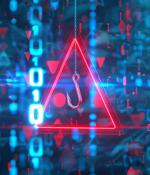
Cybercriminals have been increasingly using a new phishing-as-a-service platform named 'Tycoon 2FA' to target Microsoft 365 and Gmail accounts and bypass two-factor authentication protection. Tycoon 2FA attacks involve a multi-step process where the threat actor steals session cookies by using a reverse proxy server hosting the phishing web page, which intercepts the victim's input and relays them to the legitimate service.

As Gmail and Yahoo take steps to enforce stricter email authentication, organizations that are proactive in their DMARC compliance will not only enhance their security posture but also gain a significant advantage: improved email deliverability translates into better engagement rates, bolstering sales and revenue. Thus, DMARC compliance is not merely about meeting a standard but seizing an opportunity to stand out in a crowded digital marketplace.

Google is on the brink of refreshing its sign-in pages, including Gmail, with a sleek, modern makeover. BleepingComputer spotted a ew pop-up message hinting, "A new look is coming soon. Google is improving its sign-in page with a more modern look and feel." We noticed the pop-up when signing into the Gmail account.
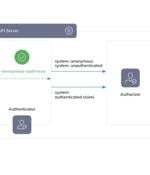
Cybersecurity researchers have discovered a loophole impacting Google Kubernetes Engine (GKE) that could be potentially exploited by threat actors with a Google account to take control of a...
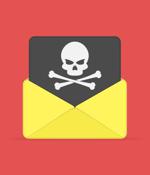
Karakurt, a particularly nasty extortion gang that uses "Extensive harassment" to pressure victims into handing over millions of dollars in ransom payments after compromising their IT infrastructure, pose a "Significant challenge" for network defenders, we're told. So to help organizations avoid getting caught by this crew, the FBI, and the US government's Cybersecurity and Infrastructure Security Agency, Treasury Department, and Financial Crimes Enforcement Network released an extensive list of vulnerabilities and methods the gang exploits and uses for initial access, the software tools they abuse to snoop around and steal data, and the payment wallets and even email addresses used in the group's extortion attacks.
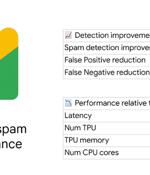
Google has revealed a new multilingual text vectorizer called RETVec (short for Resilient and Efficient Text Vectorizer) to help detect potentially harmful content such as spam and malicious...